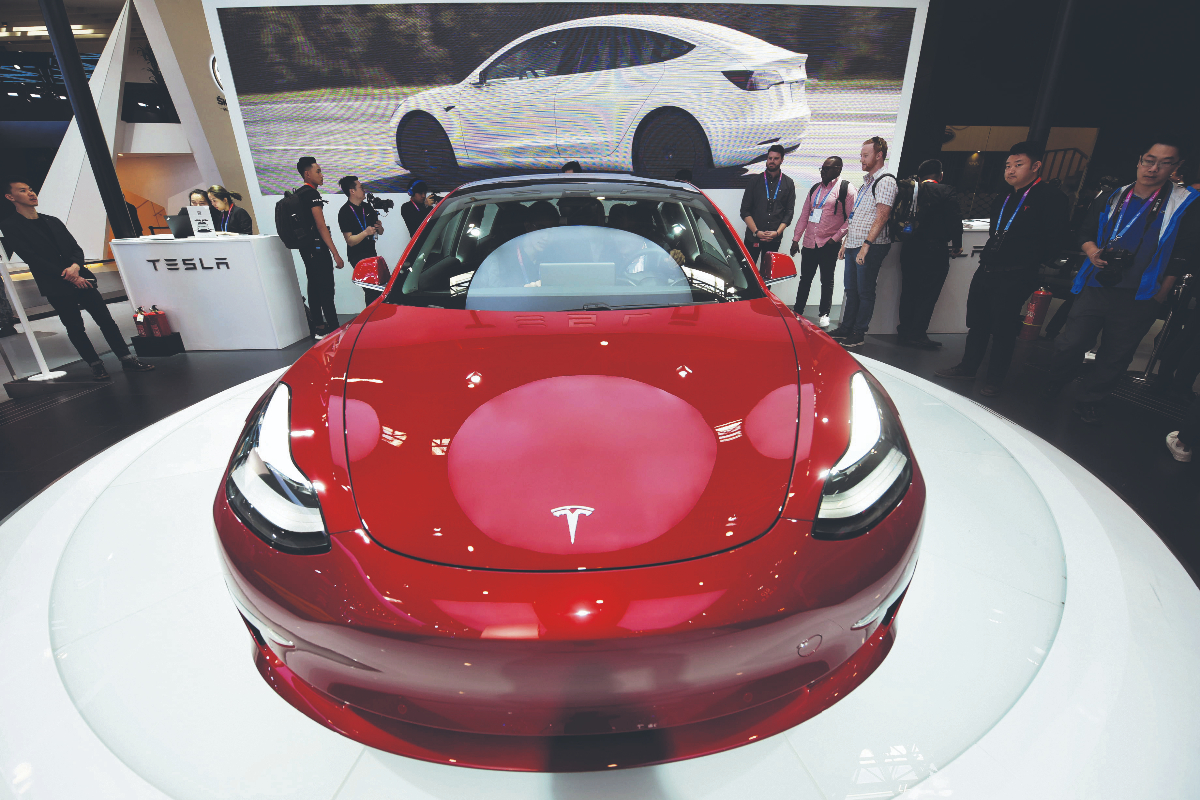Copyright cityam

The government has unveiled a £10m fund to help expand England’s electric vehicle (EV) charging network, targeting grid-constrained sites on motorways and major A-roads where power access has slowed progress. The funding will support projects that allow chargers to run off-grid or with minimal grid connection, using renewable energy and battery storage to deliver ultra-rapid charging in areas where upgrades would otherwise be too costly or time-consuming. The Department for Transport has said the initiative would “future-proof England’s EV supply”, aiming to make sure long-distance drivers can charge more easily and helping smaller rural areas keep pace with the transition. Transport minister Keir Mather said the move would “power up the future of driving”. “We’re backing British innovation, boosting jobs and making EV travel easier than ever,” he said. “With over 25,000 drivers already switching to electric thanks to our grants, this is about speeding up rollout where it’s hardest to build.” To qualify, projects must enable at least 12 vehicles to access ultra-rapid chargers capable of adding around 120 to 145 miles of range in just 15 minutes. The announcement comes as the UK’s public charging network hit a record 86,021 devices, up 23 per cent in the past year, with the strongest growth seen in rural areas of Yorkshire, the North West, Scotland and Wales. Industry under pressure The boost follows growing concern in the charging industry over new business rate rules that could add up to £100m in extra costs from next April. Under plans from the Valuation Office Agency (VOA), operators will soon have to pay business rates on tens of thousands of charging bays previously exempt, a move ChargeUK, the sector’s main lobby group, said could add around £300 a year to some users’ charging bills if costs are passed on. Osprey Charging warned the change could force operators to close sites or delay investment, particularly outside London where EV uptake remains lower. Meanwhile, ChargeUK has urged the Treasury to exempt bays in the upcoming Autumn Budget, arguing the policy “risks stalling the EV rollout just as momentum builds”. The government also plans to cut planning costs for renters and those without driveways, potentially saving drivers up to £250 in application fees for installing home chargers. It is also exploring ways to mandate charging points in new-build car parks and make pavement “gully” chargers easier to install. Claire Spooner, director of mobility at Innovate UK, which will oversee the new competition, said the £10m scheme would “build capability and bring together energy and transport stakeholders to improve EV charging for longer journeys”. Together with the government’s £650m electric car grant, which has already supported more than 25,000 drivers with discounts of up to £3,750, ministers hope the latest measures will reassure motorists and investors that the UK’s EV rollout remains firmly on track, even as cost pressures mount.



